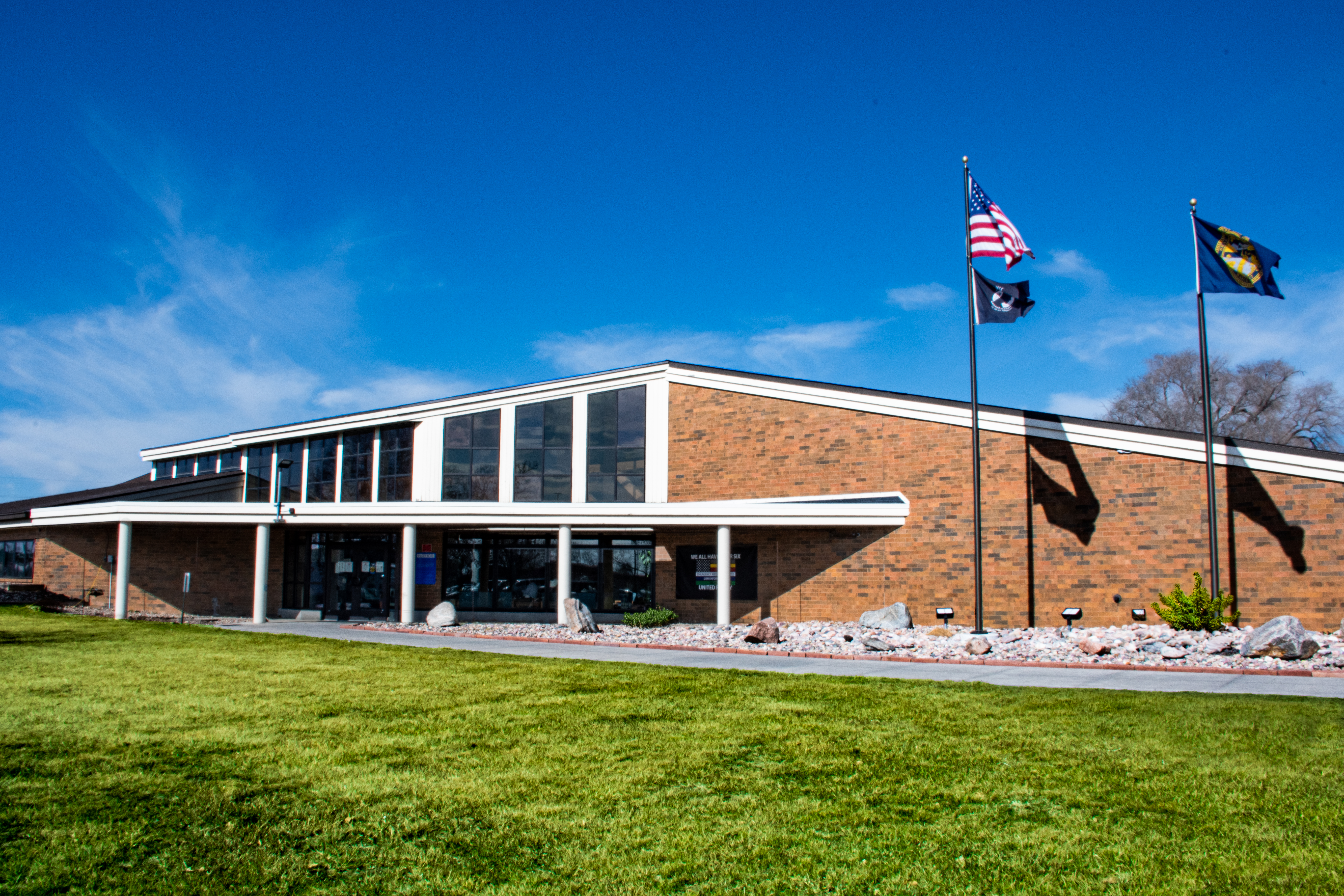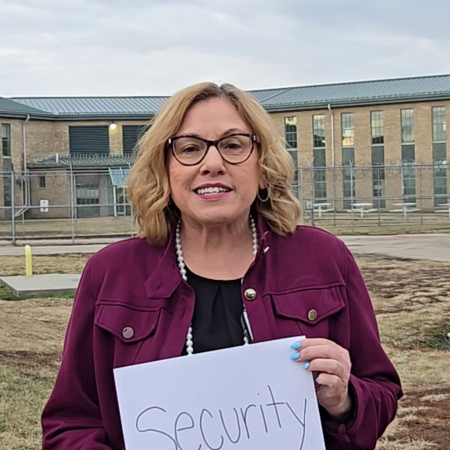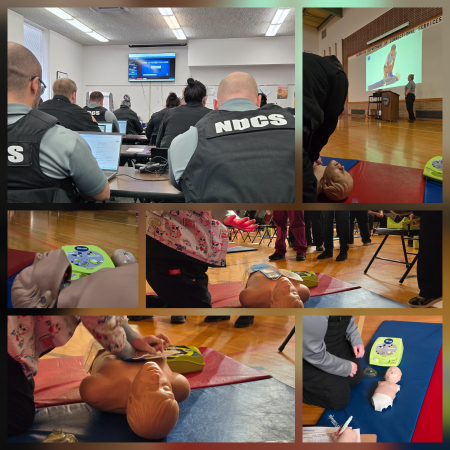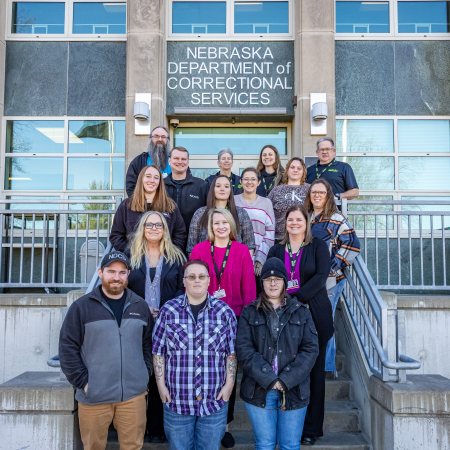
Community Corrections Center - Omaha

2320 Avenue J
Omaha, NE 68110
United States
The Community Corrections Center-Omaha is a community-based facility that houses male inmates that are classified as Community A and Community B custody inmates. The facility has 63 beds designated for male inmates assigned to the work detail program and 116 beds available for male inmates participating in the work release program.
Community custody is the lowest custody level and the least restrictive environment. Individuals assigned here participate in "work detail" or "work release."
The first several weeks after arrival are spent on work detail - a job in the community supervised by corrections staff or community staff with specific corrections training. Work detail assignments are generally for NDCS or other state agencies and can include cleaning and road crews, maintenance or administrative office work.
Following a time on work detail, individuals are provided an opportunity to go into the community to look for jobs. Once a job is secured and community corrections staff have been in contact with the employer, individuals can be assigned to work release. Individuals on work release are employed in the community, receive competitive wages and pay applicable taxes. Also available is educational release, where individuals attend local vocational/technical/business/community colleges and universities. Individuals are responsible for their own transportation to and from work and are expected to adhere to a pre-approved schedule are responsible for his/her own clothing and personal items and pay room and board of $12 per day.
Warden James Jansen
James Jansen was appointed warden of the Omaha Correctional Complex in February 2025, which includes:
- Omaha Correctional Center (OCC), a minimum/medium custody male facility.
- Nebraska Correctional Youth Facility (NCYF), male correctional facility with general population adult housing units and specialized housing for youthful offenders adjudicated as adults.
- Community Corrections Center-Omaha (CCC-O), a community-based facility that houses incarcerated males assigned to the work detail program and those participating in the work release program.
His work is inspired by a quote from Dr. Martin Luther King Jr., “'The time is always right to do what is right.”
“I expect that out of each and every one of my teammates and the population,” he said. “We cannot change the past; we can only become better because of it."
Warden Jansen began his NDCS career in 1999 as a corrections officer at the Nebraska Correctional Youth Facility (NCYF). He later transferred to the Tecumseh State Correctional Institution (TSCI) where he held multiple positions, including key control corporal, sergeant, armory sergeant, training specialist, unit manager and major. Before coming to OCC, he served as warden at the Community Corrections Center - Lincoln (CCC-L) for three years.
Warden Jansen is a graduate of Wayne State College and holds a bachelor’s degree in criminal justice.
View Profile


